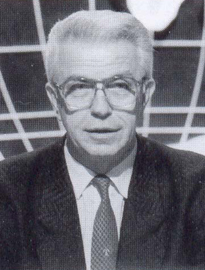Founding
After the Assembly of the Association of Journalists of Serbia (UNS), held in Tara in July 1992, when Slobodan Milosevic’s regime took over the organization, a large group of members first began to gather around the Federation of Independent Trade Unions of Journalists (SNSN), spontaneously creating the Media Freedom Committee and the Presidency of the Extraordinary Assembly of the Association of Journalists in a permanent session, with the idea of creating a new professional journalistic organization.
The Federation of Independent Trade Unions of Journalists (SNSN), the Coordination Board for Freedom of the Media and the Presidency of the Extraordinary Assembly of the Association of Journalists established the Solidarity Fund on January 19, 1993, and Hari Stajner was elected president. “Each of us would have to – as for himself and because of his face – to oppose this devastating wave, which has affected the University, the National Theater, the Museum of Contemporary Art, the Clinical Center, schools. “If we do not oppose, if we surrender, neither we nor our children will have any future,” Stajner said during the election.
A year later, the Independent Journalists’ Association of Serbia – IJAS was formed from the Solidarity Fund. It was founded on March 25, 1994, and 350 journalists from all over Serbia attended the Founding Assembly in the Belgrade Youth Center.
The Constituent Assembly adopted the Statute and the Letter of Intent and Objectives. The chairman was Rade Veljanovski, and the working presidency included Mile Isakov, Stevan Niksic, Hari Stajner and Miodrag Stoilovic.
Two months after its founding, on May 19, 1994, IJAS was officially registered as a social organization, and Velimir Curguz Kazimir, Gordana Logar, Sena Todorovic, Zoran Radosavljevic, Rade Veljanovski, Lila Radonjic, Branka Mihailovic, Ljubica Markovic were registered as founders. Milan Vlajcic and Ivana Zivkov.
Founders
Dragoljub Nikitovic Nikita was elected the first president for a two-year term. The first member of IJAS, with membership card number 1, was Predrag Milojevic, a veteran and legend of Serbian journalism between the two wars, editor and correspondent of Politika from around the world.
The first Executive Board of IJAS consisted of Nikitovic and Hari Stajner, Stevan Niksic, Aleksandar Timofejev, Verica Rupar, Dimitrije Boarov, Ofelija Backovic, Cvijetin Milivojevic, Isidora Sekulic, Olivija Rusovac, Gordana Susa and Dusan Masic.
Milan Vlajcic was elected the first president of the IJAS Court, and the members were Aleksandar Nenadovic, Slavoljub DJukic, Milan Milosevic and Jan Briza.
The first Supervisory Board of IJAS included Dragos Ivanovic (president), Milutin Mitrovic, Margita Cvetkovic, Mario Brudar and Nebojsa Vukovic.
The first IJAS Commission for the admission of new members consisted of: Vladan Radosavljevic (president), Zoran Mamula, Tanja Jordovic, Zivoslav Miloradovic and Nadezda Gace.
A few months later, the Independent Journalists Association of Serbia became a member of the International Federation of Journalists (IFJ), based in Brussels, and then the European Federation of Journalists (EFJ).
The association is funded by membership fees and donations.
All presidents of IJAS
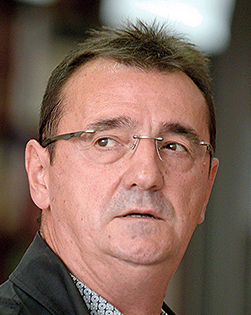
(2017- 2019)
(2010 - 2017)
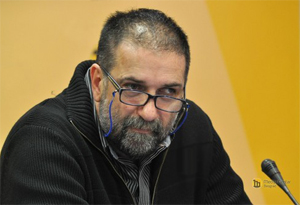
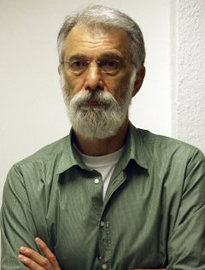
(2010 - 2010)
(2006 - 2010)
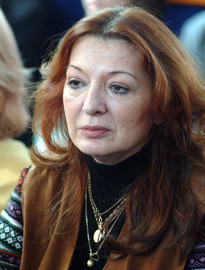
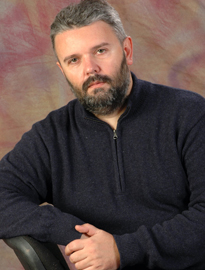
(2004 - 2006)
(2002 - 2004)
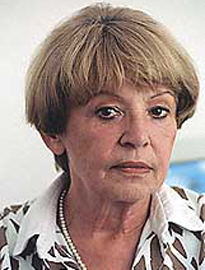
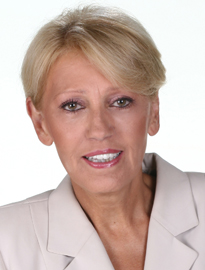
(1999 - 2002)
(1997 - 1999)
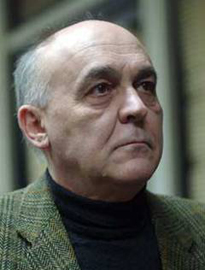
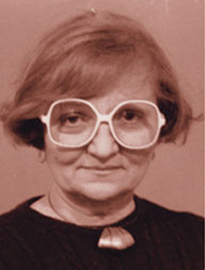
(1995 - 1997)
(1994 - 1995)
